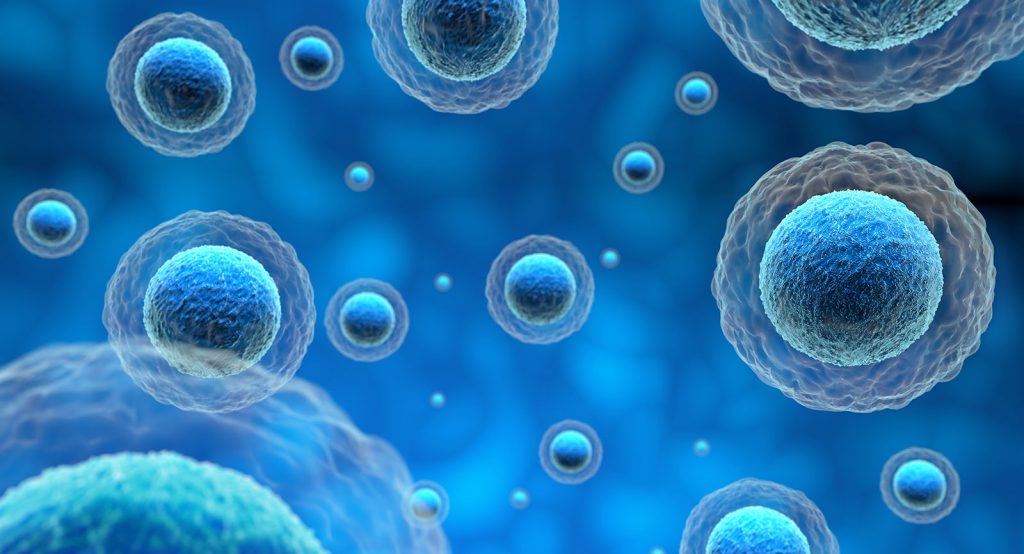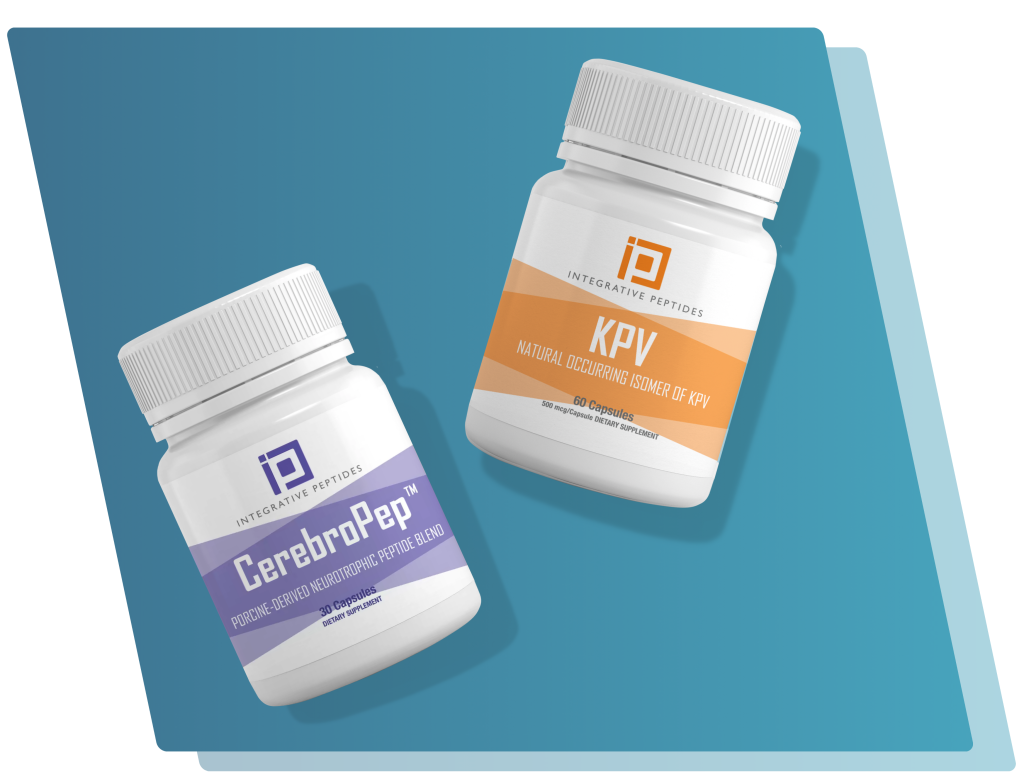
Our immune system is complex and a very delicate balance of cells that work together to protect us from disease. Not only do these cells need to be present, but they must be present in the correct ratios. Immune defects occur when these cells are no longer in balance.
In order to regain balance of the immune system it is not enough to stimulate or strengthen the immune system but rather to bring the ratio of the different immune cells back into balance to enable the immune system to function properly (2). One way to do this is via immune modulation. There are several substances that can act as immune modulators. Some are taken orally while others are injected.
Lyme disease creates inflammation in the body that leads to soreness, swelling and chronic pain. Low dose immunotherapy is a form of immune modulation used to reduce this inflammation. It works by fighting your specific symptoms. Your doctor will create a homeopathic remedy out of the microbes associated with Lyme. Simply put it uses Lyme disease in low doses to fight Lyme disease, similarly to how doctors fight the flu, allergies, and other illnesses (3). There exists other forms of immunotherapies like thymus therapy. The thymus is a gland in your body that helps fight off infection but as we age or get ill it cannot function properly. Thymus therapy boosts the number of white blood cells in your body that help fight infections like Lyme. There is also the recently discovered dendritic cell vaccine that is created by pulling cells from your own blood and making them more mature and useful.
Mast Cell Activation Syndrome, which we discussed in a previous blog, has also been known to be treated with therapy consisting of antihistamines and mast cell membrane-stabilising compounds supplemented with medications that are targeted at specific symptoms and complications of the syndrome. Mast Cells have been shown to be involved in many inflammatory reactions. They secrete and produce a unique array of cytokines which can influence the development of inflammation. Many experiments have now shown that the mast cells releasing cytokines can not only initiate but modulate this process (5). Understanding how these cells work and how the cytokines affect inflammation is key to understanding the inflammatory process and how to heal it.
Peptides can function as immunomodulating agents by either blocking the immune response or stimulating the immune response. Modifying amino-acid chains has led scientists to develop a new generation of therapeutic agents for autoimmune diseases (4). The use of peptides as drugs began as early as the 1950s with the discovery of hormones and neurotransmitters and treatment with peptide-based drugs for hormonal therapy.
Evidence is beginning to emerge showing a connection between the neuroendocrine system and the immune system. Thyroid hormones can cause responses in various immune cells like monocytes, macrophages, natural killer cells, and lymphocytes which affect inflammation-related processes. The interactions between hormones and the immune system have been shown to contribute to conditions such as sepsis, inflammation, autoimmune diseases and viral infections. Thyroid hormone therapy is being used to restore these normal physiological functions.

Subscribe to our website and check back frequently for our latest articles and other information to boost your peptide and supplement fluency.
The information provided on this site is intended for your general knowledge only and is not a substitute for professional medical advice or treatment for specific medical conditions. Always seek the advice of your physician or other qualified health care provider with any questions you may have regarding a medical condition. These statements have not been evaluated by the Food and Drug Administration. This product is not intended to diagnose, treat, cure, or prevent any disease.